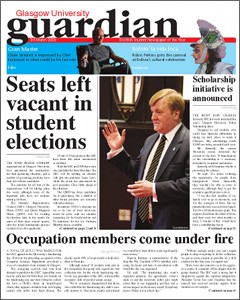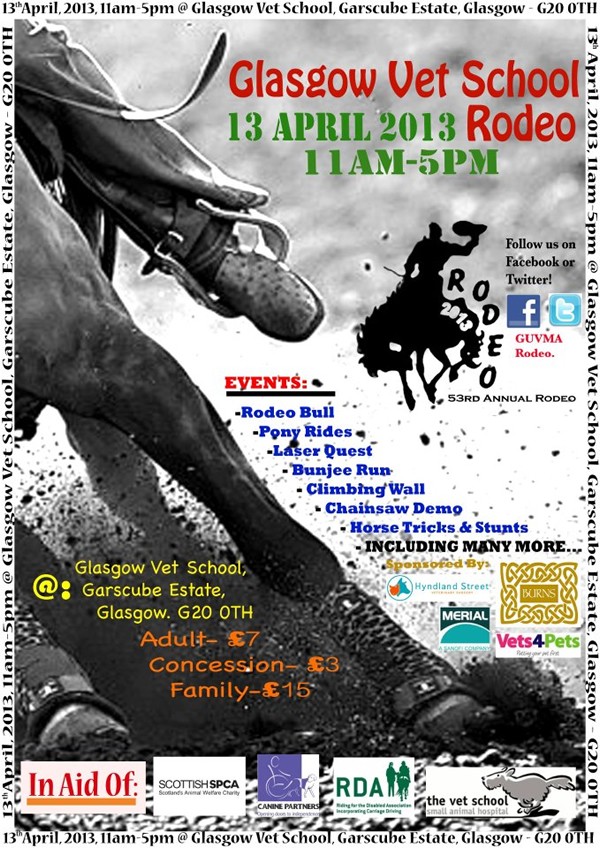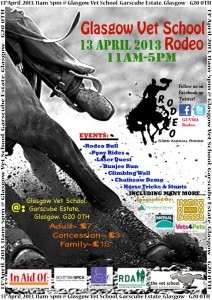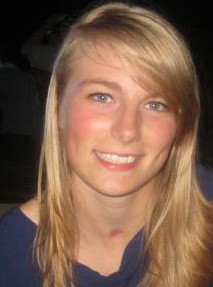 Following last year’s announcement that the University of Surrey is to open a new veterinary school (taking in the first cohort of students in autumn 2014), it would appear that the University of Ulster (Northern Ireland) is now jumping on the bandwagon.
Following last year’s announcement that the University of Surrey is to open a new veterinary school (taking in the first cohort of students in autumn 2014), it would appear that the University of Ulster (Northern Ireland) is now jumping on the bandwagon.
These proposals have indeed kicked up quite a storm in the veterinary world.
There seems to be little positive attitude towards this news, with many of us panicking about academic standards, graduate prospects and EMS availability.
With neither of these being Russell Group universities, it has to be questioned whether the academic standards will be comparable to the current UK vet schools.
It is notoriously difficult to get into vet school, but will the two new universities have lower entry requirements? If so, this would be providing a back up option for many applicants and, as a result, decrease the currently high standard of veterinary students. If the graduates are indeed less knowledgable, or have less well-developed clinical skills, would this encourage the employment of poorer quality vets in second-rate practices?
Evidently, more veterinary graduates would mean more competition for jobs, hence pushing down the salaries that graduates would be willing for work for.
 It has been suggested that the restricted number of graduates being able to go directly into clinical practice would mean that more veterinary students would be encouraged to take a different career route (research or veterinary education, for example). But if the aim is not to produce veterinary professionals, why not instead increase the intake on veterinary biosciences courses for those more interested in research?
It has been suggested that the restricted number of graduates being able to go directly into clinical practice would mean that more veterinary students would be encouraged to take a different career route (research or veterinary education, for example). But if the aim is not to produce veterinary professionals, why not instead increase the intake on veterinary biosciences courses for those more interested in research?
I also think it unfair to expect new graduates to begin teaching at vet schools immediately, even if that is what they’re interested in doing. Their credibility and respect from their students would be dramatically reduced if they’ve not actually had any experience in practice and can’t give clinical case examples to the possible vets of the future.
Another concern is the availability for EMS opportunities. With an increased number of students throughout the UK as a whole, it will become increasingly difficult for students to gain clinical EMS placements. To further the competition, Surrey will not be opening its own teaching hospital as such, and it is expected that final year rotations will instead take place in veterinary practices in the surrounding area, reducing their availability for students from other universities to undertake EMS.

Of course, there are a lot of “ifs” and “buts” here, and potentially the two new vet schools could produce better graduates than the rest of the UK – but this would still increase the competition for graduate jobs and EMS placements.
In my opinion, the main concern is not the repercussions of opening these two vet schools themselves, but the catastrophic effects that would result from further universities following suit.
With little legislation able to dictate requirements for opening a new vet school, the prospect of having as many veterinary education institutions as medical ones could soon become a reality. Before we know it, we could be inundated with veterinary graduates, some of questionable quality, and the next generation of veterinary professionals will be fighting tooth and nail for a severely underpaid job.















